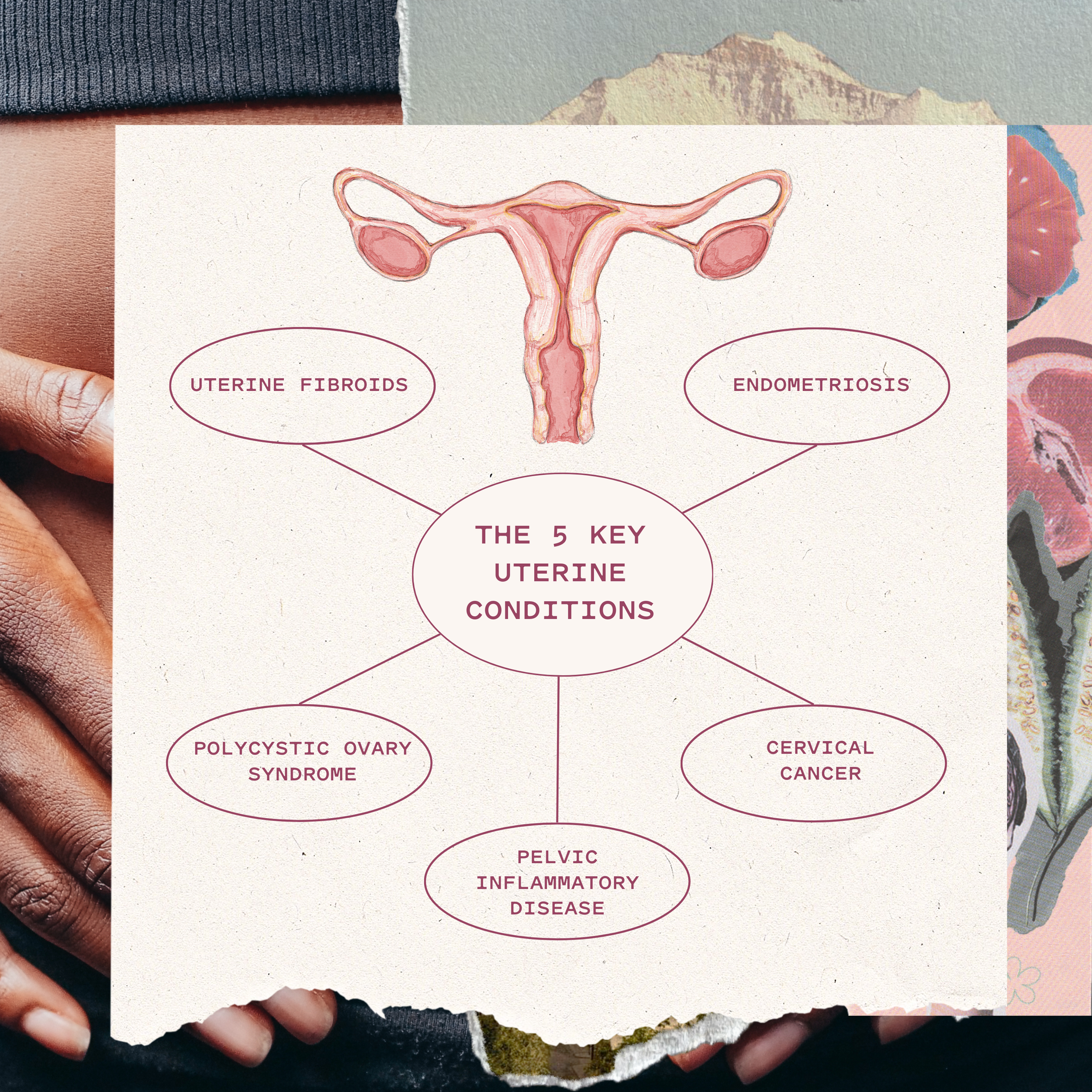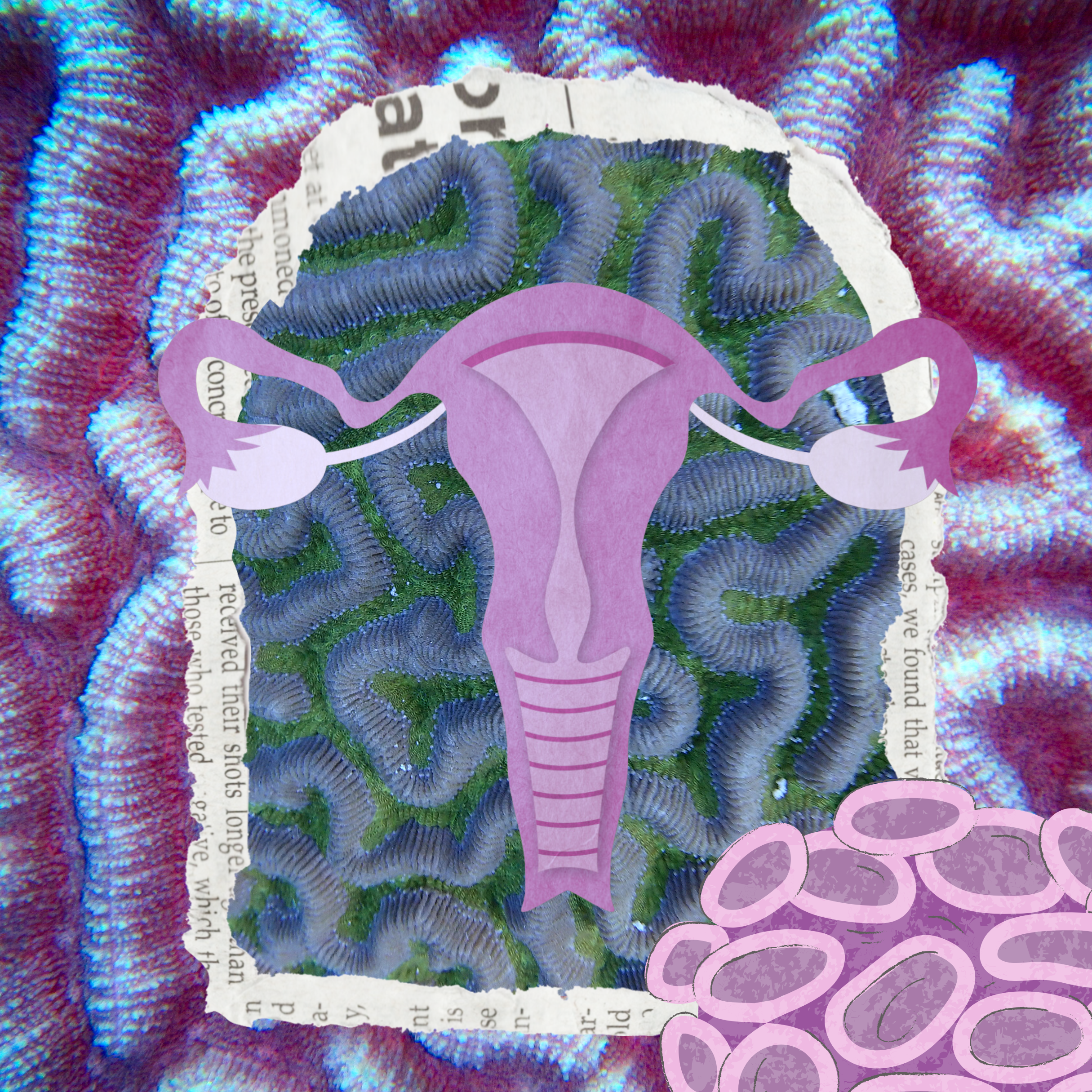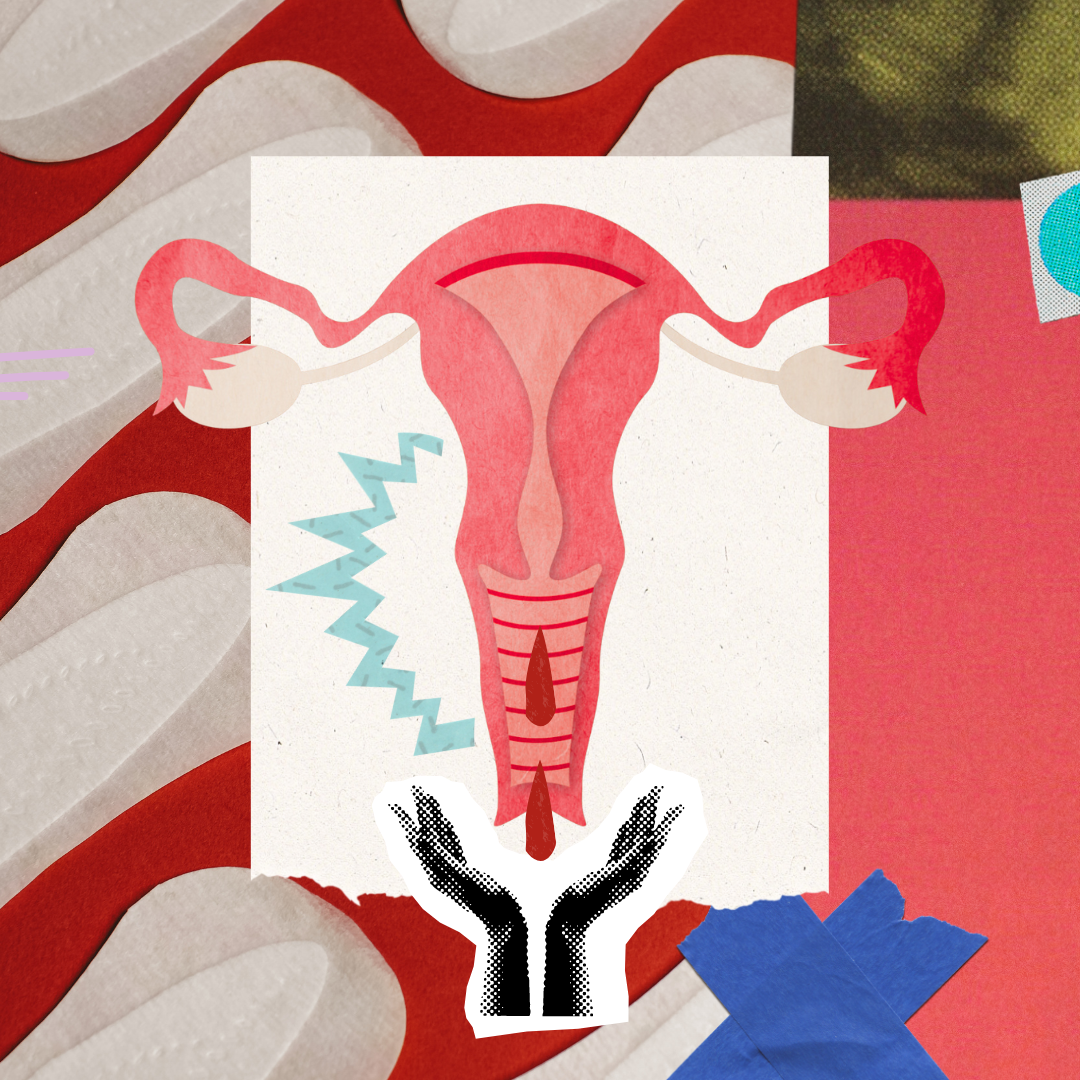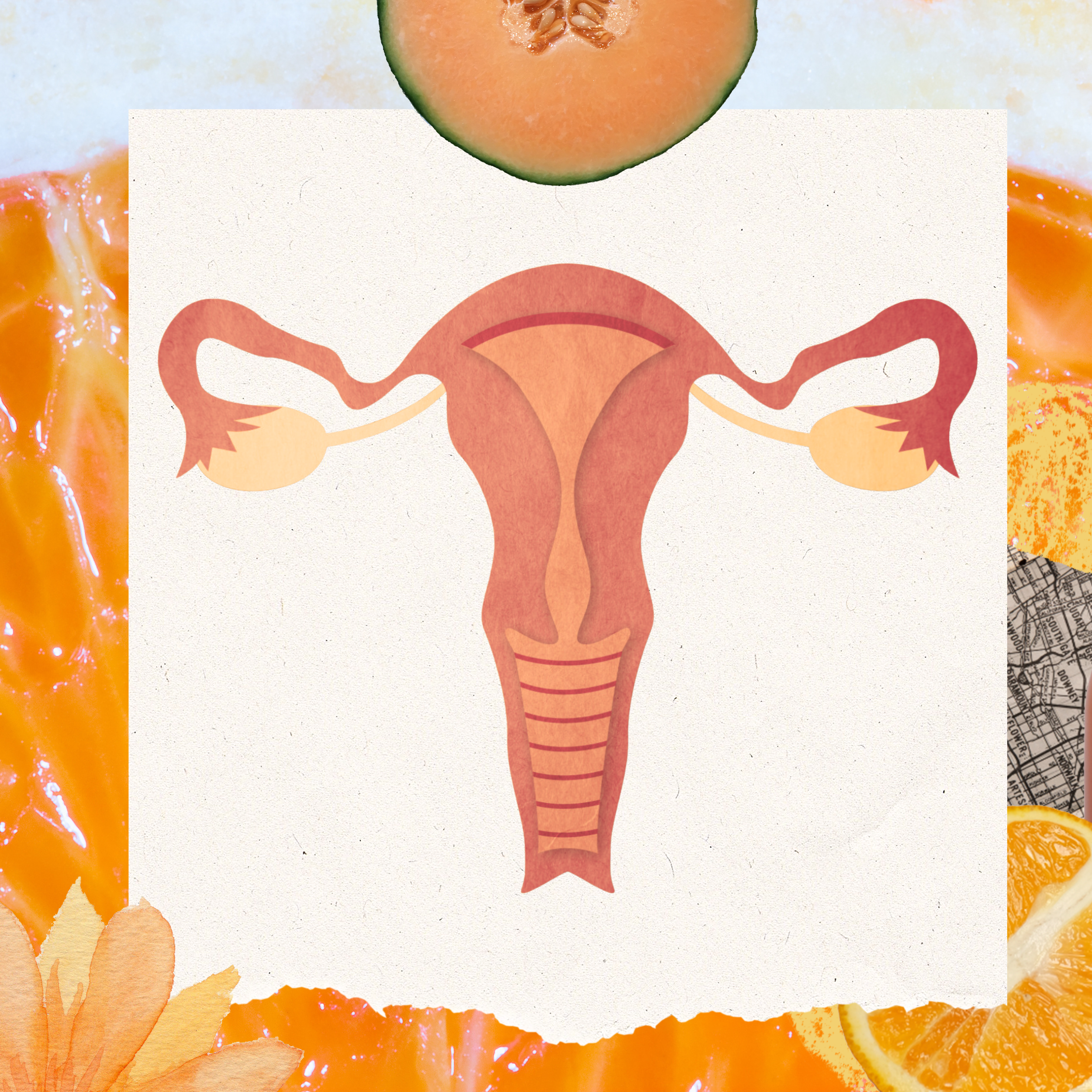Let’s Talk About Uterine Health
One in three women globally will be affected by some form of reproductive disease in their lifetimes. They can seriously impact a woman’s quality of life, livelihood, and productivity. Many are poorly understood and under-researched, and yet most can be identified and managed with early screening and an awareness of the symptoms. They’re particularly prevalent in and dangerous for black women. They impact fertility, the likelihood of having to undergo major procedures, and they drive up the costs associated with maintaining health.
That’s why on International Women’s Day 2024, Evoca Foundation is launching its partnership with Youterus Health, a social impact organisation advancing African women’s care. Together, we want to start a conversation that equips women and girls the world over with the resources they need to support their uterine health and protect their quality of life.
Health and wellness are essential foundations for gender equity: they’re underpinned by knowledge and access to care, and they’re critical to upholding the rights of women and girls globally.
Throughout Women’s History Month this year, Evoca and Youterus Health will be discussing the five key uterine-related conditions that affect women during their reproductive years, which, according to the WHO, are on average between the ages of 15 and 49.
Follow the buttons above to view our resources and find out what these conditions are, why you need to know about them and what you can do to protect your health. Find out why visiting a gynaecologist at least once a year is the most important thing you can do to detect uterine conditions early and treat them effectively. Help us ensure women are able to make informed decisions about their bodies and lives, and help shape an educated and powerful female population.
Youterus Health focuses predominantly on uterine health in Africa, so we’ll also be talking about the fact that, while women’s health is underfunded globally (especially regarding research and new interventions in care for uterine conditions), this inequality in health deepens for African women living on the African continent. It’s compounded by the exacerbating factors of poverty, low literacy rates and inadequate resources.
Underdiagnosis and undertreatment of uterine conditions are common and leave women and girls to take charge of their reproductive healthcare fully without sufficient support. With Youterus Health as our partner, we’ll be looking to reframe the conversation around reproductive healthcare so that it incorporates and amplifies uterine and broader gynaecological health for the groups most affected. Stay tuned to for more on this in the coming months.
A note on language
When we talk about uterine conditions, we're talking to and about anyone with a uterus. We have used the terms 'woman' or 'women' and 'people' to describe this group because most individuals with a uterus refer to themselves that way. However, we know that not everybody with a uterus will identify as a woman, and so have used inclusive and gender-neutral language wherever possible.
Resources from around the world
Explore our resource guide which provides further details from trusted global sources on the definitions and scope of uterine health, in-depth information on specific conditions, preventative measures and support options for people dealing with uterine health challenges, and a range of information on women’s health and access to healthcare globally.
Learn fundamental facts about uterine health and anatomy from the Cleveland Clinic.
Information about menstrual health and hygiene from the World Bank.
Information and support on women’s health and wellbeing, conditions and screening from the UK National Health Service.
Women’s health information from Black Health Matters.
Find resources to support African American women with uterine fibroids from The Center for Black Health & Equity.
A forum for people with endometriosis, doctors and scientists to exchange information and support via the Endometriosis Association.
A safe space and connection point for African American women and women of colour with endometriosis, Endo Black povides resources, support groups, events and community outreach.
Endometriosis advocacy and research from The Endometriosis Foundation of America.
PERIOD. is a global youth-powered non-profit that strives to end period poverty and stigma through advocacy, education, and service. PERIOD. equips and trains youth leaders with the tools and resources needed to end period poverty in their lifetime.
The Society for Women’s Health Research is making women’s health mainstream through science, policy, and education while promoting research on sex differences to optimise women’s health.
The White Dress Project raises awareness on a global scale about the widespread occurrence of uterine fibroids.
Information and support from the International Planned Parenthood Federation on looking after your vagina, vulva, cervix, and uterus, including details on how understanding your anatomy can help with taking care of your sexual health, pleasure, and well-being.





